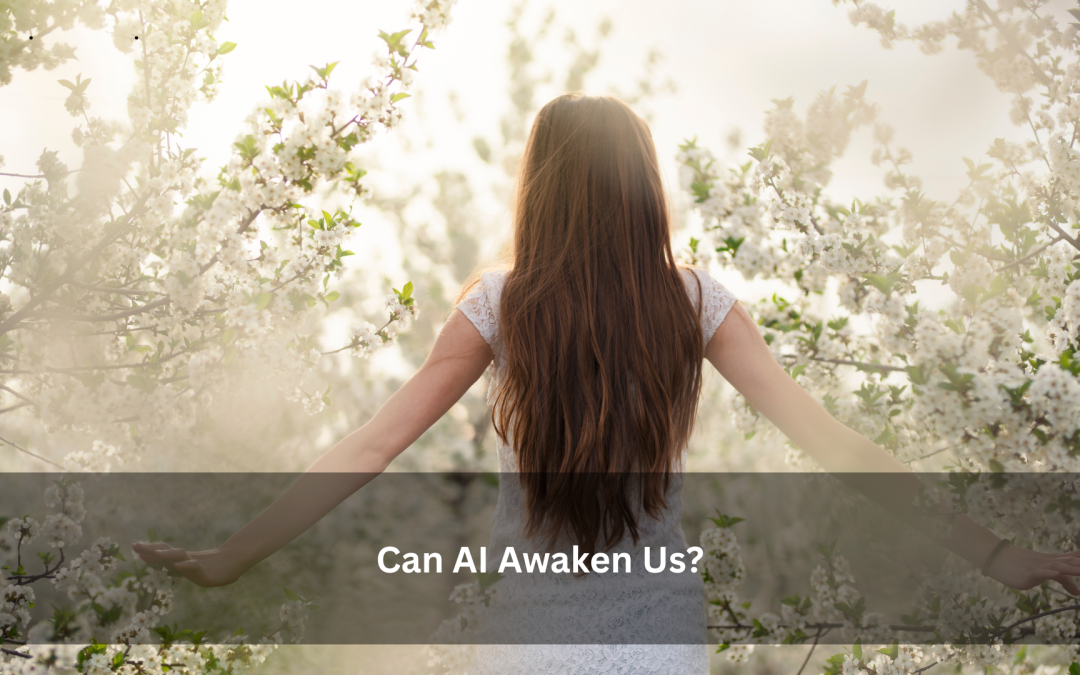Artificial Intelligence is evolving rapidly—but instead of just asking what AI can do for us, maybe it’s time to ask: What can AI help us see about ourselves?
Watch: Sam Altman on ChatGPT and Superintelligence (TED Talk)
AI and self-awareness
The idea of AI and self-awareness may sound futuristic, but the foundations are already here. Chatbots, journaling tools, and reflective digital assistants are starting to shape how we think, feel, and interact. And in some ways, they’re holding up a mirror to our minds.
The Mirror Effect
AI can help identify patterns in our behavior, track emotional triggers, and offer calm feedback when we need it most. With the right training, AI tools for mental wellness can highlight what we might miss, be it procrastination, stress cycles, or even limiting beliefs.
These systems are already making an impact in digital health, mental coaching, and personal development. Over time, this pattern recognition helps users become more mindful of how they respond to the world around them.
Thought Partner, Not Just Tool
Next-gen AI tools are moving beyond automation. They are becoming personal companions—helping people journal, reflect, and grow. Some platforms are being trained on spiritual, psychological, and philosophical frameworks, making wisdom more accessible and personalized.
This isn’t about replacing human connection; it’s about deepening it—starting with the connection we have with ourselves. With features like guided journaling apps, daily mood check-ins, and value-based prompts, AI-driven personal growth tools are becoming a daily habit for many.
Collective Awakening at Scale
If millions begin interacting with AI systems designed for self-awareness, the societal shift could be massive. Imagine a world where AI promotes emotional regulation, conflict resolution, and conscious decision-making across cultures and generations.
Such a transformation could redefine not just business and productivity, but also how we live and relate. The potential of AI to influence not only individuals but communities—and eventually policy—makes this shift even more significant.
How AI and Self-Awareness Are Connected
As technology continues to evolve, the relationship between AI and self-awareness is becoming more meaningful. Artificial Intelligence is no longer limited to automation—it’s now helping individuals better understand their thoughts, habits, and emotions. By analyzing data from daily interactions, AI tools can surface insights that encourage reflection and conscious decision-making.
Using AI to Develop Self-Awareness in Daily Life
From guided journaling apps to emotion-tracking assistants, the use of AI and self-awareness in everyday life is growing. These tools support users in identifying behavioral patterns, managing mental well-being, and aligning actions with personal values. When used mindfully, AI can become more than just a digital assistant—it becomes a mirror that helps users grow from the inside out.
Use AI With Intention
AI won’t automatically raise consciousness. It depends on how we design it, and how we choose to engage with it. When used intentionally, AI can be a daily nudge toward clarity, self-mastery, and alignment with values.
At WebDudes, a trusted digital marketing agency in Mumbai, we understand the power of AI not just for automation but for building purpose-driven strategies—whether in marketing, brand positioning, or personal transformation journeys.


